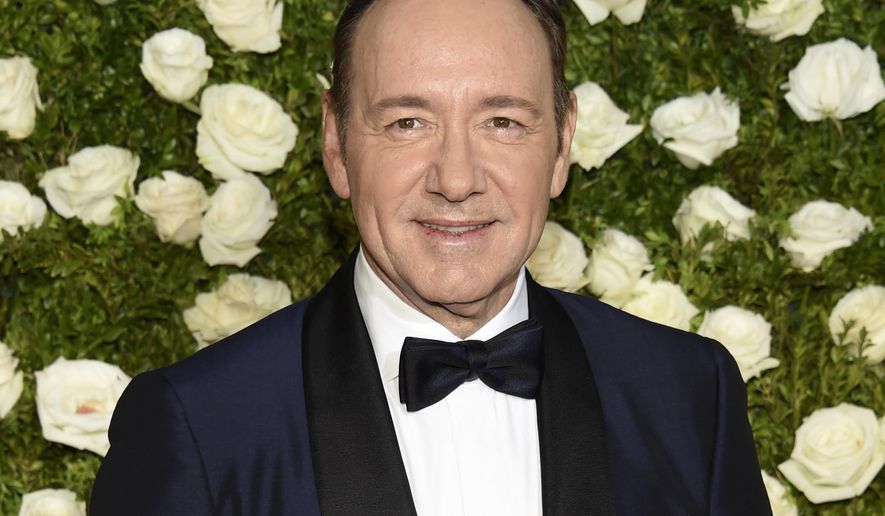OPINION:
So, Vladimir Putin did it again or did he?
Last week, he was accused by British prime minister Theresa May of committing a horrible crime by using chemical weapons on British territory in an attempt to assassinate the former Russian military intelligence officer Sergey Skripal, who was convicted of spying for London and exchanged for captured Russian agents nearly a decade ago. The leaders of the United States, France and Germany accepted and cosigned Mrs. May’s statement, thus starting a new and a very dangerous chapter in their relations with Moscow.
One would assume that to make such serious accusations one should have what is called solid proof. However, the statement, issued by Downing Street, said: “The United Kingdom briefed thoroughly its allies that it was highly likely that Russia was responsible for the attack.”
I leave it to legal and linguistic professionals to decide whether “highly likely” terminology is acceptable in any independent court of law, but many politicians and experts, including those in the know, express serious doubts that it was Mr. Putin’s handiwork.
The opinion most often expressed by the skeptics is that whatever you might think of Mr. Putin, some believe that he is an ultimate evil combining most horrible features of Osama bin Laden, Saddam Hussein and Muammar Gaddafi all rolled into one, so far no one noticed his masochistic inclinations.
In medical terms, masochism is a self-defeating personality disorder or a pervasive pattern of self-defeating behavior when the person accepts exploitation and sacrifices self-interest. Indeed, only a masochist with the clear disposition to inflict a huge damage to himself would do such a thing on the eve of presidential elections and with the upcoming Football World Cup in Russia, which is almost equivalent to the Olympic Games.
In addition, he would know that after that no country would trade spies with Moscow.
Some say the chemical could come from other parts of the former USSR or even from criminals who were running all over the restricted areas after collapse of Soviet empire.
Amy Smithson, a U.S.-based biological and chemical weapons expert, told Reuters that “I certainly wouldn’t rule that possibility out, especially when talking about a small amount and particularly in view of how lax the security was at Russian chemical facilities in the early 1990s.”
Labor Party leader Jeremy Corbyn, who has a good chance to replace Theresa May, is also not convinced that Mr. Putin is behind this crime and so many others.
Former British Ambassador Craig Murray, who visited the testing site of the nerve agent “novichok” in Uzbekistan, said it had been dismantled with U.S. help and that “the same people who assured you Saddam Hussein had WMDs now assure you that Vladimir Putin is attacking people on British soil.”
Investigative Australian journalist James O’Neil has applied the principle of cui bono – who benefits? – to the case of Sergei Skripal, and it took him to a completely different direction.
Mr. O’Neil found out that Mr. Skripal was recruited by MI6 agent Pablo Miller, who had to pass the information received from him to the author of the infamous Trump dossier Christopher Steele, who at that time was the MI6 officer under diplomatic cover in Moscow. When Mr. Steele returned to London, he ran MI6’s Russia desk until 2009.
By the interesting coincidence while living in retirement in Salisbury, MR. Skripal resumed his friendship with Pablo Miller, who got a job with a British security consultancy named Orbis Business Intelligence together with the same Christopher Steele. However, according to the Daily Telegraph, Mr. Miller’s association with this company has now been removed from his LinkedIn profile and the obvious question is: Why do so now?
Just to be on the safe side, Mr. O’Neil says that all this could be a mere coincidence that the same three men who had personal and professional links should have a continuing association at the same time as the Steele dossier was being compiled and later as the so-called Russiagate inquiry was imploding.
“My admittedly speculative hypothesis,” says Mr. O’Neil, “but I would argue, not an unreasonable one, is that Skripal was likely involved in the production of the Steele dossier. He was therefore in a position to offer potentially very damaging information into the circumstances of this dossier.”
All this could be a fascinating material for a “House of Cards” type serial or a James Bond blockbuster were it not for the fact it is leading to very serious real-life consequences.
While NATO is making threatening noises against Russia, one should ask what can be done to avoid a worst case scenario meaning direct military East–West confrontation, which already is considered as a close reality by many.
I’d listen to the cool heads like George Beebe, who once served as the CIA’s chief of Russia analysis.
Mr. Beebe admits that there are some reasons for skepticism about placing all blame on Mr. Putin since there are other alternatives.
“The best course of action,” says Mr. Beebe, “would be private dialogue with Putin and other senior Kremlin officials to contain and manage the affair, making clear that they must identify and punish those responsible for the Skripal attack, while working through the Organization for the Prohibition of Chemical Weapons to investigate any third-country involvement.”
The worst course is to use the “megaphone diplomacy” advocated by some hot heads and the media, and he is absolutely right.
Edward Lozansky is president of the American University in Moscow.




Please read our comment policy before commenting.